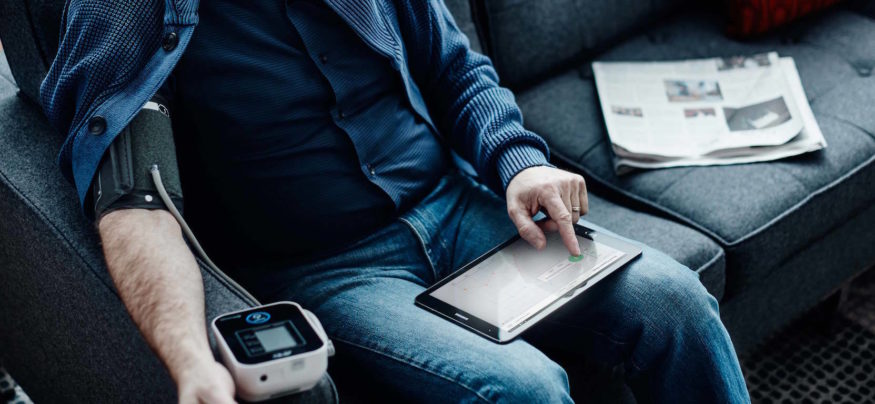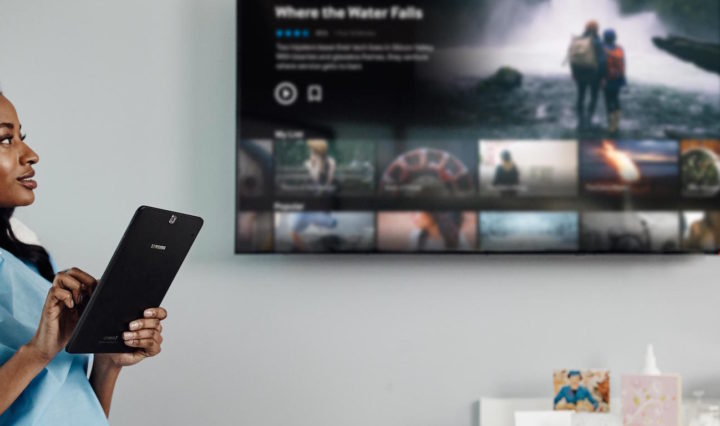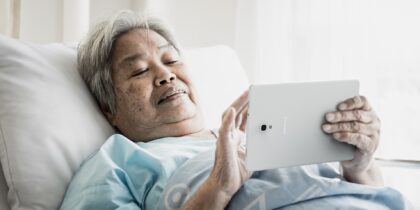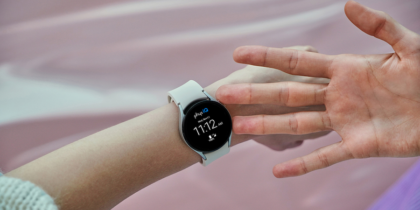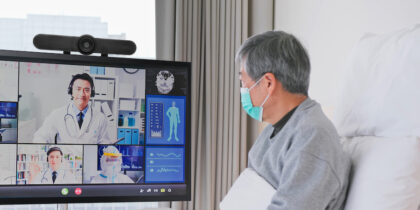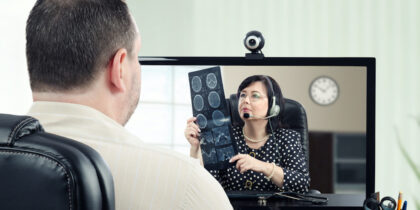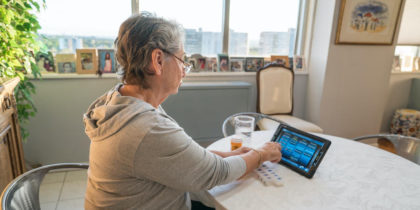Chronic disease technology is advancing rapidly in healthcare. Across the world, health communities and organizations are using healthcare technology to battle the financial and human costs of conditions such as Alzheimer’s, cancer and obesity. This focus on technology is happening with good reason — in the U.S., chronic disease tops the list of healthcare challenges we face.
The Challenge of Chronic Conditions
Chronic conditions, specifically the avoidable kind, are no small issue for the already stressed and uncertain healthcare system in the U.S. According to the CDC, in 2010, a full 86 percent of total healthcare expenditures went to the treatment of chronic disease. And that number is only set to go up: A recent Vivify report revealed that about half of Americans have at least one chronic condition, and as our nation’s baby boomers age, their likelihood of acquiring multiple chronic conditions increases.
The rise in these diseases means significant costs for both the national health systems and individuals. It also constitutes an especially daunting challenge as the healthcare system promises to place more burden on the pockets of Americans, many of whom already can’t afford treatment. Preventing this domino effect is a boon for both patients and the healthcare system, as healthcare costs for a patient with more than five chronic conditions can be over 15 times more than a patient with none, according to the Vivify report.
The Promise of Remote Solutions
As dire as things might seem, we’ve seen improvement in recent years. Since 2010 (when the cost of chronic illness was around $315 billion), the number of preventable deaths has dropped. This change signals the possibility of effectively shifting the course of chronic illness in the U.S. today.
One of the most promising concepts in making that shift is using technologies that come together under the umbrella of remote care management — essentially, applied telemedicine that allows patients to manage their chronic conditions from the comfort of their own homes. Remote care solutions, which can be implemented by both payers and providers, provide benefits such as reduced costs, lowered risk through patient education, better adherence to treatment and early intervention to avoid hospital admissions.
Patient experience matters. Technology can help.
Get the eBook to learn how hospitals are using technology to enhance the patient experience. Download Now
The importance of remote patient monitoring in successful health management is frequently underestimated. Telehealth disease technology can be a crucial player in empowering patients to manage their conditions on their own, focus on prevention and avoid expensive visits to the ER or hospital, as well as needless readmissions. Most importantly though, this disease technology improves the quality of a patient’s life. Effective remote care management technologies focus on providing patients with education and coaching resources that recruit community and family as vital tools in improving health outcomes. Remote solutions aren’t just for adults either: Samsung and Vivify recently partnered to provide Children’s Health of Dallas with a remote monitoring program that lets young patients track their conditions on Samsung Galaxy tablets.
The Future of Remote Care
As healthcare technology around chronic disease continues to advance, expect to see population health initiatives play an even more vital role than they do now. Many organizations that implement mobile remote population monitoring solutions use their platforms to manage the value-based risk that comes with caring for chronic disease-heavy patient populations.
Additionally, expect to see the core technologies of population health and remote monitoring (most specifically tablets and data analytics) continue to play a pivotal role in the delivery and refinement of the concept. This, of course, will lead to additional concerns around data security, especially for facilities and organizations that have BYOD policies in place.
With remote healthcare technology solutions advancing every day, living with a chronic condition is more manageable than ever. Samsung’s home health technology enhances patients’ quality of life and connects them to their loved ones.
